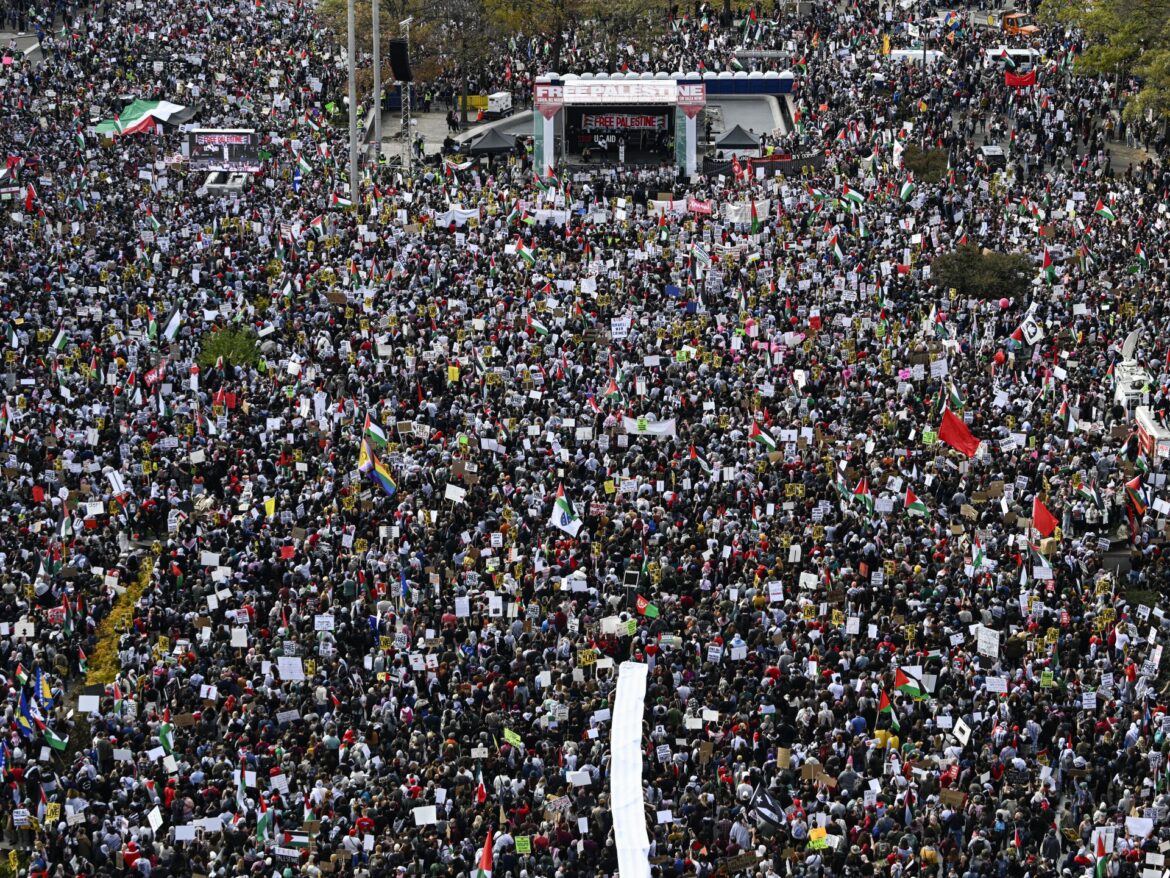An article published by the American website Counter Punch stated that the Al-Aqsa Flood operation on October 7 should not be seen as a sudden act. This is because the massive Israeli military buildup in the Gaza envelope was intended to ensure the tightness of the siege on the Gaza Strip and its subjugation.
Although Israel is ranked 17th in the annual Global Firepower ranking index – an American platform specialized in monitoring military forces in the world – and possesses advanced military technologies that are supposed to prevent surprise attacks, the failure to The expectation of a Hamas attack was massive and multi-level, as described in the article written by Palestinian journalist Ramzi Baroud.
In the wake of the “Al-Aqsa Flood,” Israeli Prime Minister Benjamin Netanyahu found himself in an “embarrassing” situation and facing an unprecedented challenge that forced him to respond. Instead of finding a way out by taking responsibility and uniting his people, or acknowledging that war is never the solution in the face of a “resistant and oppressed” people, he continued his stubbornness.
He made matters worse
The Israeli Prime Minister, surrounded by extremist ministers, made matters worse by seizing the opportunity of war to implement his long-stalled plans to practice ethnic cleansing against the Palestinians, not only in the Gaza Strip, but also in the West Bank, Baroud said. He added, “And had it not been for the steadfastness of the Palestinian people and their rejection of… Egypt and strong Jordan, the second Nakba would have been a fait accompli.”
Baroud says that this “single attack” has already proven to be a turning point that will change the rules of the game in the relationship between Israelis and Palestinians, and that its impact will continue to be felt for many years, if not for generations to come.
He adds that Netanyahu is in a difficult position even before the Al-Aqsa Flood operation took place, and “he has no one to blame but himself,” noting that he struggled to fortify his position at the top of the pyramid of the Israeli political system with the help of the government, “the most extremist ever, in a country whose very existence is considered the product of extremist ideology.” .
Even the popular protests against him that spread throughout Israel for several months before the war on Gaza did not warn him – according to Baroud – that his situation would become more difficult, and that the Palestinians, who are suffering under the yoke of permanent military occupation and siege, might find an opportunity in Israel’s political and military crises.
Voluntary migration
The writer goes on to say that all Israeli politicians, regardless of their ideological and political spectrum, outdid each other in the tone of their speeches, which were characterized by racism, violence, and even incitement to genocide. Heritage Minister Amichai Eliyahu even suggested “dropping a nuclear bomb on Gaza.”
The Israeli leader still talks about “voluntary immigration,” his desire to manage Gaza and Palestine, and to reshape the Middle East in ways consistent with his own delusions of grandeur and power.
The writer criticized Washington’s position, saying that the administration of US President Joe Biden played the role of “the main encourager and frank partner” of Israel, instead of saving it from itself by reminding its government that the genocidal war on Gaza portends evil for Tel Aviv as well.
The 100 days of war on Gaza have taught us – and the author of the article is speaking – that superior firepower no longer affects the results when a people makes the collective decision to resist.
“It also taught us that the United States is no longer able to rearrange the Middle East to suit Israeli priorities, and that the relatively small countries in the Global South, when united, are capable of changing the course of history.”
He concluded his article by affirming that history had already written that the “determination” of the Palestinian people triumphed over the Israeli “death machine.”



